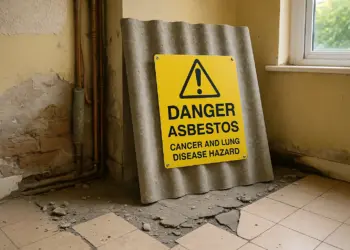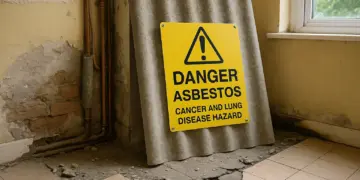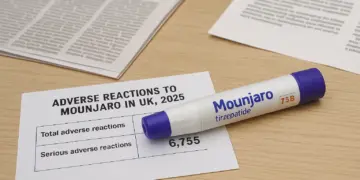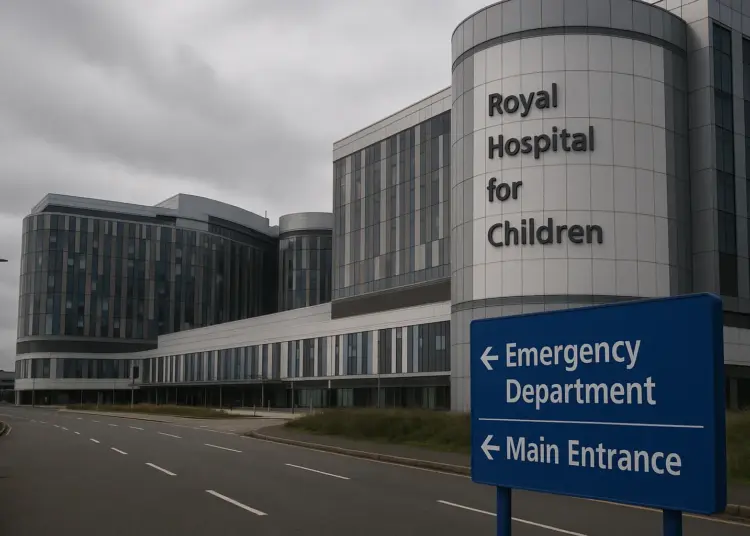Story Highlight
– Inquiry finds no link to Glasgow hospital conditions.
– Sophia Smith died at just 11 days old.
– Fatal accident inquiry examines circumstances of death.
– Controversial hospital remains under scrutiny.
– Public interest in health care practices highlighted.
Full Story
An investigation into the circumstances surrounding the death of an infant at a Glasgow hospital has concluded that her passing was not associated with the hospital’s contentious conditions. The inquiry focused on the case of Sophia Smith, who tragically died at just 11 days old while under care at the Royal Hospital for Children.
The inquiry aimed to examine the events leading up to Sophia’s death and whether hospital conditions or practices played a role. However, after a thorough review, the committee established that there was no direct correlation between the infant’s death and the hospital environment, which has faced scrutiny from various quarters in recent times.
Witnesses, including medical staff involved in Sophia’s care, provided testimonies that detailed the procedures and protocols followed during her treatment. According to insights gained from the inquiry, Sophia was born into a complex health landscape that required careful monitoring and intervention. Unfortunately, despite the efforts of healthcare professionals, she succumbed to her medical challenges.
Timings and medical interventions were key factors discussed during the inquiry. Experts reported that newborns are particularly vulnerable, and in Sophia’s case, a series of health concerns required immediate attention. The multidisciplinary team worked diligently to provide the necessary care, yet Sophia’s health deteriorated rapidly despite best efforts.
The inquiry also reviewed the hospital’s general practices, particularly in light of the criticisms it has received in recent years. Authorities had previously highlighted issues relating to patient safety and outcomes, which had cast a shadow over the institution. However, the findings from this specific inquiry suggest that the allegations about the hospital’s environment were not substantiated in relation to Sophia’s unfortunate demise.
Commenting on the inquiry’s results, a spokesperson for the health authority expressed condolences to Sophia’s family and acknowledged the difficult journey they have faced. “The loss of a child is an unbearable tragedy, and our hearts go out to the Smith family during this devastating time. We remain committed to ensuring that all care protocols are upheld and continuously improved upon,” the spokesperson stated.
The outcome of the inquiry, while providing some clarity regarding the circumstances of Sophia’s death, has not completely alleviated the concerns of the public and advocacy groups regarding the hospital’s practices. Many community members continue to voice apprehension about healthcare standards, calling for a comprehensive review to ensure that all neonatal care is conducted under strict guidelines that prioritise safety and wellbeing.
In addition, experts argue that broader systemic changes are essential within the healthcare framework to prevent future tragedies. Dr. Emily Harrison, a neonatal specialist, commented on the implications of the inquiry. “Continuous improvement in medical care for at-risk infants is imperative. While this report exonerates the hospital in this particular case, we must collectively strive to understand the complexities surrounding neonatal care and address gaps in practice,” Dr. Harrison noted.
As the health authority looks to the future, it is under pressure to restore public confidence in the healthcare services provided at the Royal Hospital for Children. Ongoing discussions around healthcare quality in Glasgow reflect a community eager for transparency and reassurance about the standards to which local hospitals adhere.
The inquiry into Sophia Smith’s death has ultimately provided closure in some respects, but it also serves as a reminder of the fragility of life and the immense responsibilities borne by medical professionals. While this tragic occurrence was deemed not related to hospital conditions, it brings to light the ongoing need for vigilance in the pursuit of excellence within the healthcare system.






















This finding will reassure staff and families, but it does not remove the need for ongoing scrutiny and improvement. The inquiry clears the hospital of direct blame in this tragic case, yet public concern and calls for a review of neonatal care standards are legitimate. Authorities and management should respond transparently, share what was learned, and set out clear steps to strengthen oversight, staffing and record keeping so confidence in care is restored. Continuous monitoring and open communication are essential to prevent future tragedies and to support both clinical teams and patients families.